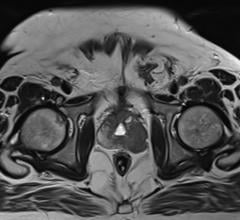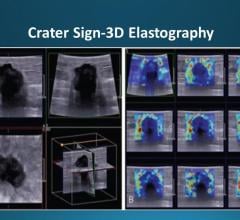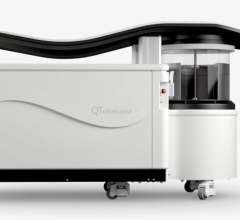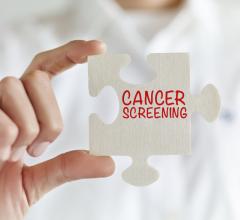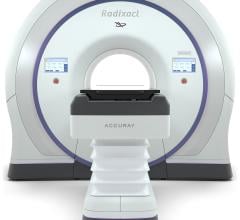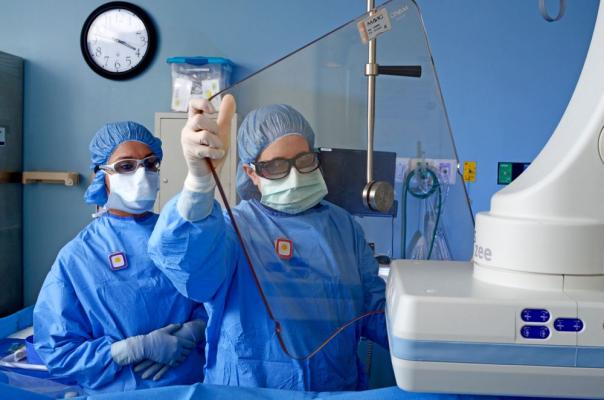
October 24, 2016 — Leadership from the American Society for Radiation Oncology (ASTRO) recently participated in an event at the White House hosted by Vice President Joe Biden, who released a report outlining the Cancer Moonshot Initiative’s (CMI) progress to date and roadmap for its four remaining years. Former Chair of ASTRO’s Board of Directors Bruce G. Haffty, M.D., FASTRO, attended on behalf of the society following months of encouragement by ASTRO for the initiative to broaden its focus and integrate radiation oncology more fully into the moonshot effort.
“In the past year, the Vice President’s moonshot initiative has brought critical attention to the need for greater collaboration and innovation in cancer research, and we are invigorated at the prospect of radiation oncology being an instrumental component of future progress. Moving forward, we must maintain the focus on advancing both the science and practice of cancer care while aligning our efforts to move Congress to authorize the $700 million requested by the President for cancer research initiatives. Substantial, predictable financial support is essential to sustain the fight to eradicate cancer.” said Haffty.
More than half of cancer patients undergo radiation therapy at some point in their treatment, and radiation therapy has been a safe, effective and powerful method of fighting cancer for more than 100 years. Federal funding for research in radiation oncology, however, remains well below the level of funding for other therapeutic modalities. ASTRO, whose members include nearly all practicing radiation oncologists in the United States, supports the CMI goal of working toward an integrated approach to advancing cancer research. According to the society, encompassing the full range of multidisciplinary approaches to cancer care is essential to achieve the accelerated progress that hallmark of the initiative’s design.
The new Cancer Moonshot Task Force report charts the initiative’s progress and announces several promising new efforts to support CMI goals. This includes collaborative research projects to explore the biological bases of cancer and partnerships with industry to increase affordable transportation options for cancer patients undergoing treatment.
The report also maps out strategy for the initiative’s remaining years, including reforms to financial support structures that would broaden access for non-traditional research approaches and ensure equitable access to the highest-quality care across all corners of the socioeconomic spectrum.
ASTRO has encouraged leaders of the moonshot initiative to include radiation oncology in discussions and partnerships since the effort was first announced in President Obama’s 2016 State of the Union address. In January and February, ASTRO pledged its support of the initiative and its inclusion in the President’s FY2017 budget. In April, ASTRO leadership met with Greg Simon, executive director of the CMI, to discuss the important role for radiation oncology in the moonshot. In May, nearly 100 ASTRO members convened on Capitol Hill to encourage members of Congress to invest in cancer research. In June, Haffty and Tim Williams, M.D., FASTRO, also a former chair of ASTRO, participated in the Cancer Moonshot Summit in Washington, D.C., and ASTRO concurrently held a virtual summit via Twitter to gather and discuss research ideas, many of which were submitted to the National Cancer Institute through its Cancer Research Ideas portal. In September, ASTRO leadership submitted a letter to Simon expressing its concern that only a single radiation oncologist was included in any of the Blue Ribbon Panel working groups and recommending that the panel’s final recommendations more fully discuss the role of radiation therapy in combination therapy.
For more information: www.astro.org


 March 28, 2024
March 28, 2024 
